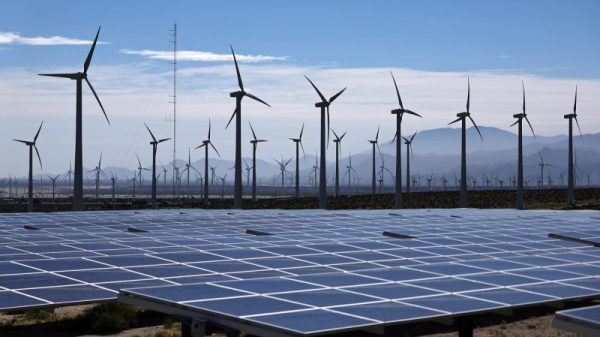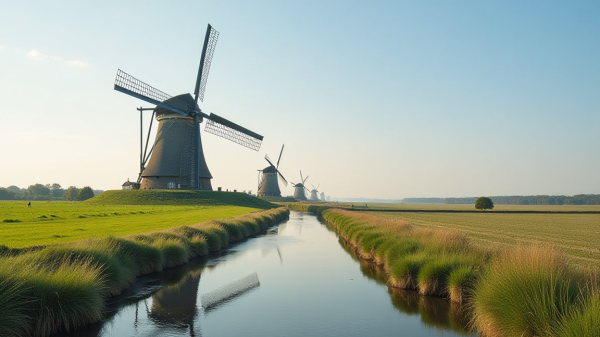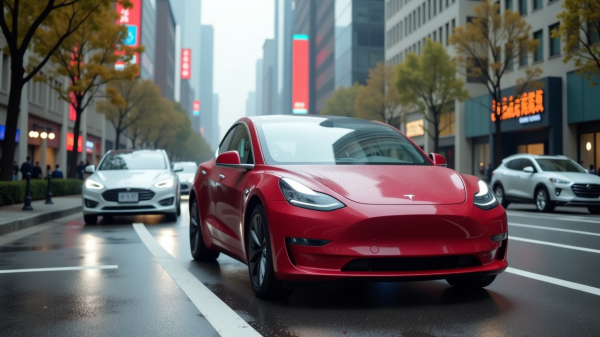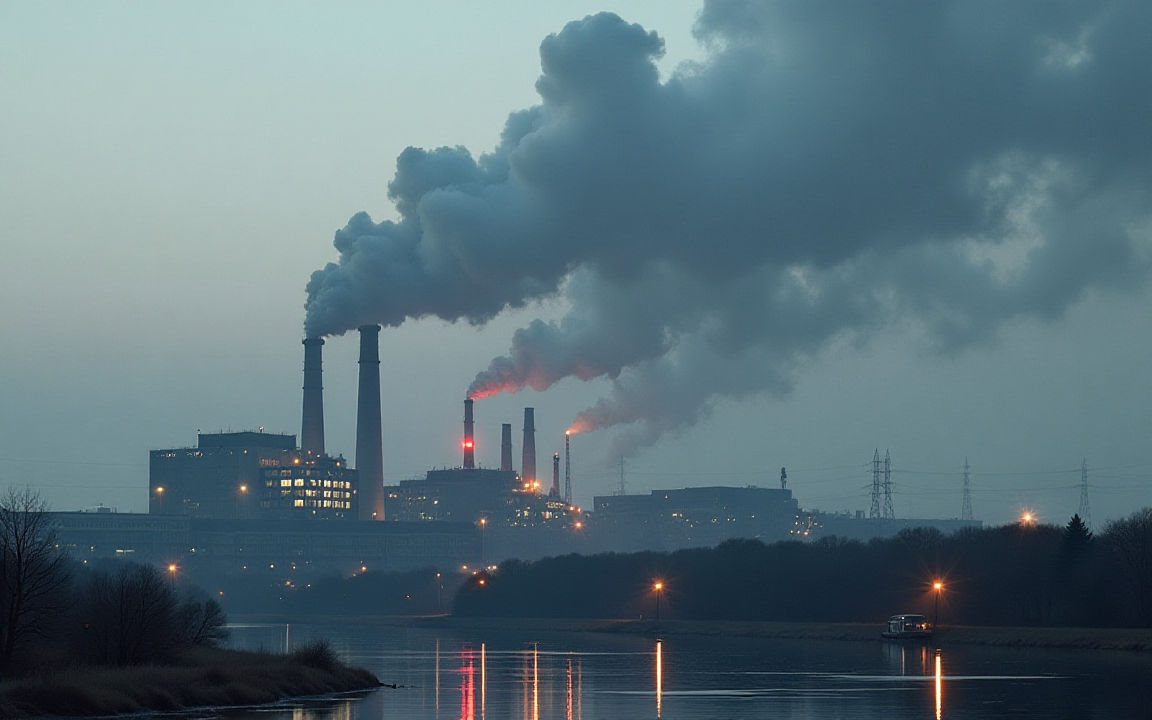On Wednesday, the European Commission is expected to propose an EU climate target for 2040.
The proposal will mark the first time that countries will be permitted to utilise carbon credits from developing nations to fulfill a restricted portion of their emissions target, according to a draft.
The draft proposal was quoted in a Reuters report.
The European Union’s executive arm is set to propose a legally binding goal: a 90% reduction in net greenhouse gas emissions by 2040, compared to 1990 levels, according to the draft.
Objectives
This initiative aims to keep the EU on track to achieve its primary climate objective of reaching net-zero emissions by 2050.
The European Union’s draft proposal, however, softens the 90% emission target for certain countries.
This change comes after pressure from several governments, including France, Germany, Italy, Poland, and the Czech Republic, leading to the inclusion of flexibilities that would ease the target.
The EU’s previous emissions targets relied solely on domestic cuts.
However, for the 2040 target, up to 3 percentage points can be met by purchasing carbon credits from other nations via a UN-backed market.
This approach, which aligns with Germany’s stated position, reduces the domestic industries’ required effort.
The EU’s draft legislation indicates that carbon credits will be introduced gradually starting in 2036.
This legislation will also establish stringent, high-integrity criteria and standards, along with conditions for the origin, timing, and application of these credits.
It stated that countries would also have greater flexibility in selecting which economic sectors contribute most to the 2040 objective.
Europe’s worsening climate change
Europe is experiencing the effects of climate change more intensely than any other continent, warming at the fastest rate globally.
According to the EU’s Copernicus Climate Change Service, Europe is warming at twice the global average, making it the fastest-warming continent.
This leads to extreme heatwaves occurring earlier and persisting longer into the year.
A recent heatwave has triggered widespread wildfires and disruptions across the continent.
Despite this, Europe’s aggressive climate policies, aimed at combating rising temperatures, have led to internal disagreements within the 27-member bloc.
Some European governments and lawmakers argue that industries, already struggling with US tariffs and high energy expenses, cannot bear stricter emissions regulations.
This stands in contrast to the European Commission’s framing of its climate agenda as a means to enhance Europe’s competitiveness and security.
The draft said:
Decarbonisation is not only crucial for the planet, but also a key driver of economic growth when integrated with industrial, competition, and trade policies.
Projects not yielding desired results
Projects aimed at reducing CO2 emissions internationally, such as forest restoration in Brazil, generate carbon credits to secure funding.
However, investigations have revealed that some of these credits have not delivered the environmental benefits they purported.
The EU’s climate science advisers have expressed opposition to including foreign carbon credits in the 2040 target. They argue that allocating funds to such credits would detract from investments in domestic industries.
The 2040 goal requires negotiation and approval from EU countries and lawmakers, a process that could span several years.
However, the EU is under pressure to submit a new 2035 climate target to the UN by mid-September, a target the Commission indicates should be derived from the 2040 objective.
The post EU proposes 2040 climate target with carbon credit flexibility appeared first on Invezz





























